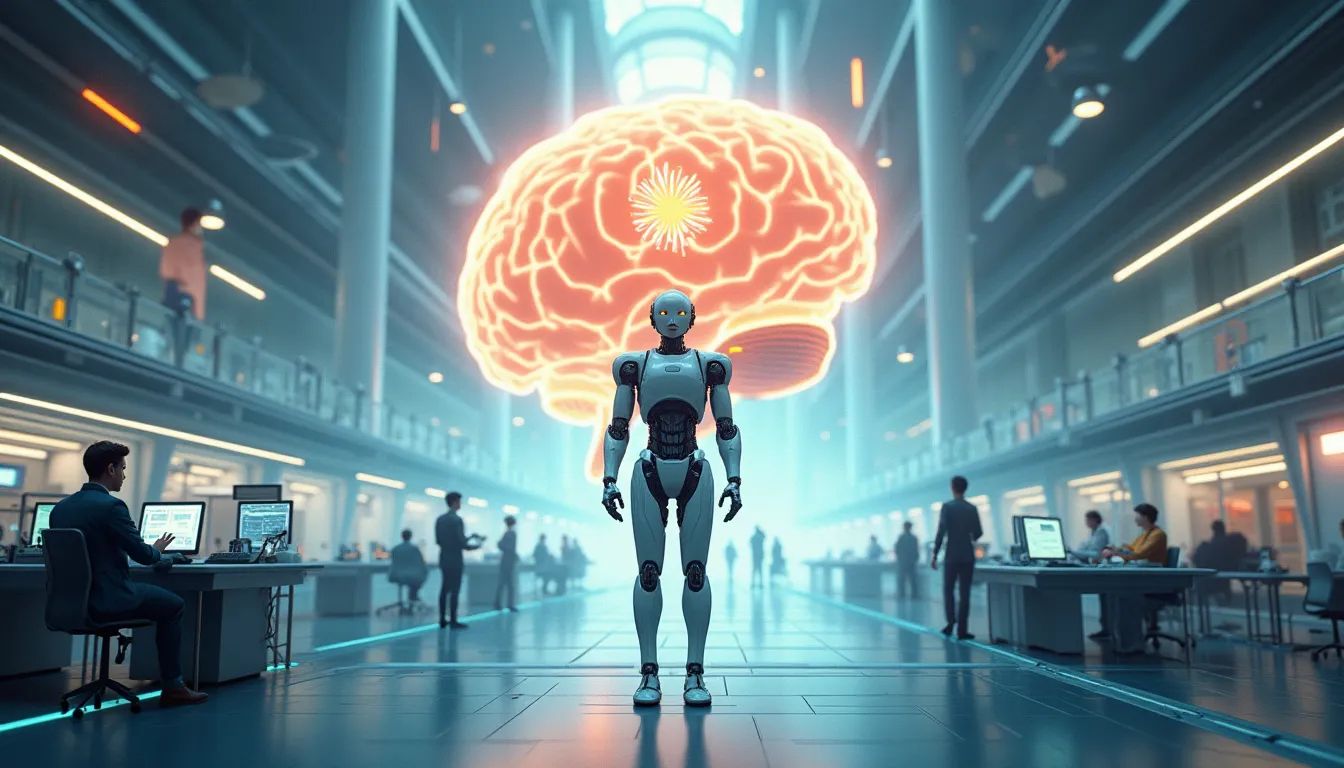The AI landscape is on the cusp of a revolution, driven by rapid advancements in deep learning systems. OpenAI, a pioneer in this field, has announced an ambitious timeline to achieve superintelligence, with CEO Sam Altman predicting the emergence of a legitimate AI researcher by 2028. This move reflects broader industry trends, where companies are pushing the boundaries of AI capabilities to drive innovation and solve complex problems.
At the heart of OpenAI’s strategy is the concept of “test time compute,” which refers to the amount of computational resources dedicated to solving complex problems. By scaling up this capability, OpenAI aims to extend the time horizon of its models, allowing them to tackle tasks that currently require human-level intelligence. As Jakub Pachocki, OpenAI’s chief scientist, notes, “We believe that it is possible that deep learning systems are less than a decade away from superintelligence.” This vision is backed by significant investments, including a $1.4 trillion commitment to build out 30 gigawatts of infrastructure over the next few years.
The implications of OpenAI’s plans are far-reaching, with potential applications in fields like medicine, physics, and technology development. By automating research tasks, AI can potentially make discoveries faster than human researchers, tackling complex problems that have stumped scientists for decades. As Altman emphasizes, the company’s restructuring as a public benefit corporation will enable it to raise more funds and scale its infrastructure, while maintaining a commitment to responsible AI development.
Source: Official Link
